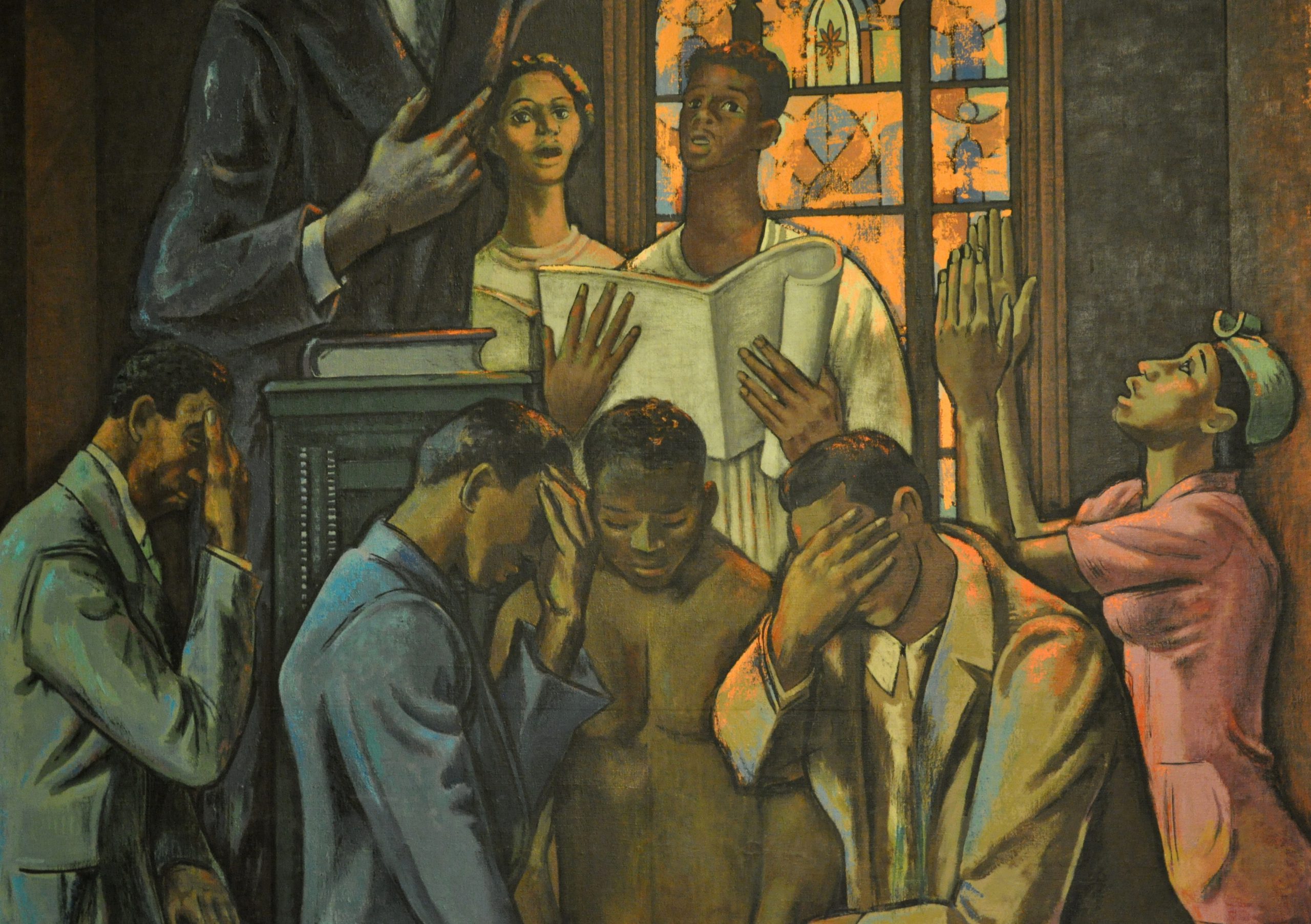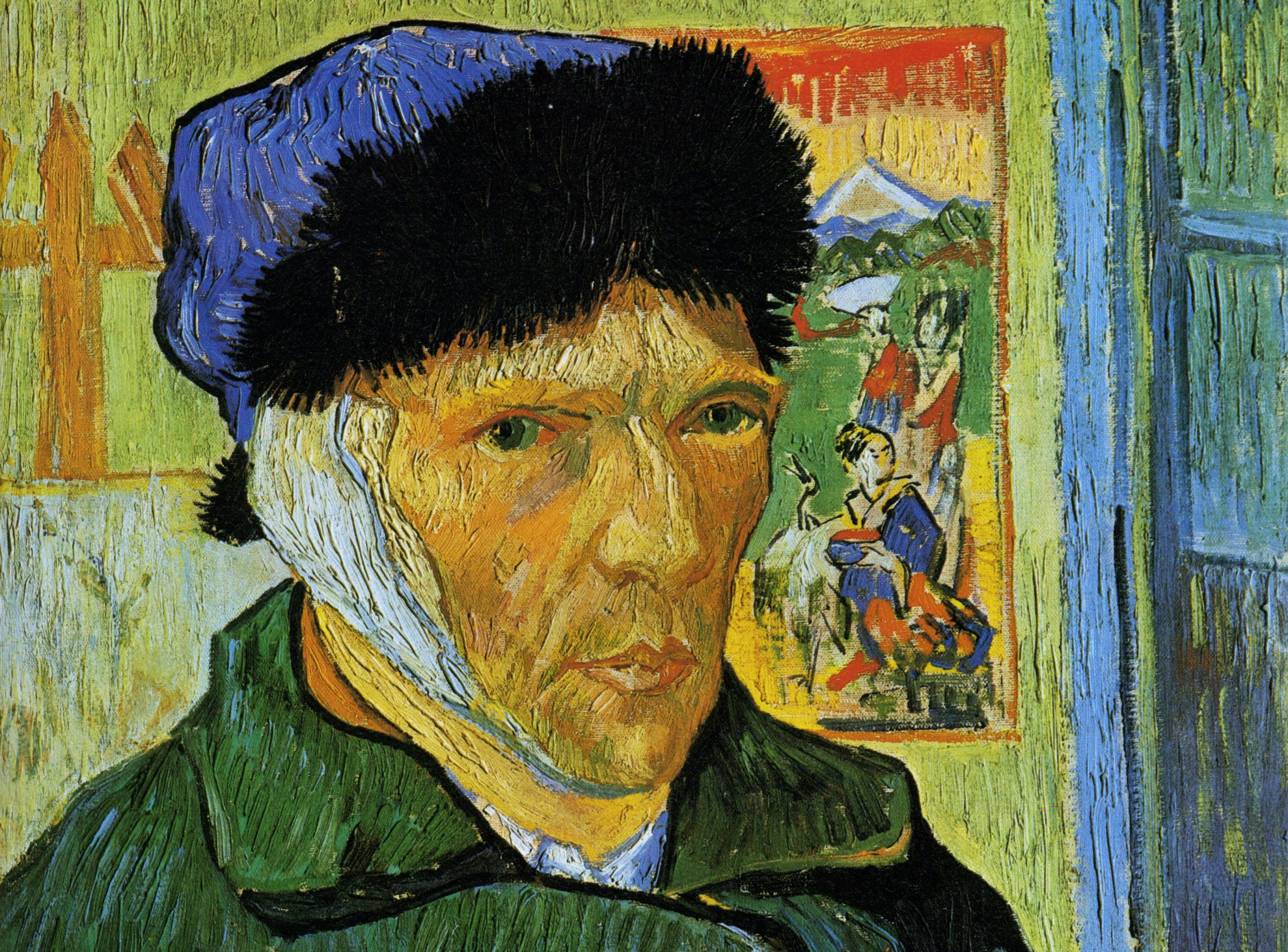
I was not the only one in the audience who let out a yelp of joy when I saw Chita Rivera in the diner scene of “…tick…tick…boom.” In the credits, her role is simply identified as “Broadway legend.” Ms. Rivera, who died this week at age 91, is synonymous with that term. Many people are lauded Broadway stars, but very few seem to have been born out of the dreams of the angels (metaphoric and financial) behind Broadway musicals. She was a galvanizing, unforgettable star, decade after decade, creating iconic roles including the original Anita in West Side Story, Rosie in Bye Bye Birdie, Velma in Chicago, and the title role in Kiss of the Spider Woman. She originated songs like “America,” “All That Jazz,” and “Spanish Rose.” She starred on stage and occasionally on screen over seven decades, from dancing in the original production of Guys and Dolls to a one-woman musical revue based on her own life. She won three Tony Awards, including the Special Tony Award for Lifetime Achievement in the Theatre in 2018, with ten nominations, and two Drama Desk Awards. She received the highest performing arts award in 2002 as a Kennedy Center Honoree (the first Latina to receive the award), and in 2009 she was awarded the highest award for an American Citizen, the Presidential Medal of Freedom. Perhaps the honor dearest to her heart was when the top honors in the field she loved most were named The Chita Rivera Awards for Dance and Choreography.
Musical professionals often speak of the rare “triple threat,” the performers who are supremely talented as singers, dancers, and actors. But there are just a handful who are genuine quadruple threats, who make the singing, dancing, and acting organic, each element perfectly integrated to tell the story. Listen to her on the original Broadway cast recording of West Side Story, in the role that would win two actresses Oscars for the movie versions. Her “A boy like that” is heart-rending, as much for the acting as singing. Every note is perfect, every lyric distinct, the emotion of the moment translated into music. It was the same with her dancing. Superb technique and unquenchable stamina, with every part of her, every molecule of her body, every movement perfectly executed but also perfectly in service to character and story.
Chita Rivera was born Dolores Conchita Figueroa del Rivero Anderson, in Washington, D.C., the daughter of a Puerto Rican father and a mother of Scottish, Irish, and African-American heritage. She was so energetic as a child that after she broke a table in her home her mother signed her up for dance lessons, telling her, “I’m putting you in ballet class so that we can rein in some of that energy.” Just a few years later, she was spotted by George Balanchine, who brought her to New York to complete her training in classical ballet. But when she accompanied a friend to an audition for an Irving Berlin Broadway musical, Call Me Madam, she was the one who was cast. When she tried out to understudy Gwen Verdun, the leading lady called her to her dressing room to tell her she needed to play leads. Verdun was her great mentor and role model, and it was one of her greatest thrills to star with her in Chicago. She appeared in at least one major Broadway musical every decade for the next 70 years.
In an interview with Eddie Shapiro for his book about Broadway stars, Nothing Like a Dame, Ms. Rivera credited Jerome Robbins with teaching her to act, asking her to think of Anita in colors and textures, and his assistant, Jerry Friedman, for telling her to think of her own brother when she sang about the death of Bernardo. She described standing in the wings, watching Elaine Stritch, Gwen Verdun, and others, and said she was constantly observing everyone around her to keep learning as much as she could.
One of her greatest triumphs was her return to the stage following a devastating 1986 accident when a taxi hit her car. Her leg was broken in 12 places. She did a year of rehab and came back to Broadway to triumph in Kiss of a Spider Woman, in her 60s, her kicks as high as ever. Twenty years later, she told NPR, “We all have to be realistic. I don’t do flying splits anymore. I don’t do back flips and all the stuff that I used to do. You want to know something? I don’t want to.”
The roles she originated on Broadway went to other actresses for the films. Rita Moreno played Anita in the first film of “West Side Story,” leading to a satiric “Forbidden Broadway” number making fun of people who could not tell the difference between two Latina dancers, called “Chita/Rita.” The non-Latina Janet Leigh played the Latina Rosie in the film version of “Bye Bye Birdie.” And Jennifer Lopez is set to play the Spider Woman role in an upcoming movie. But Ms. Rivera did have some memorable moments on television from “The Carol Burnett Show” to “Dora the Explorer,” plus a reunion with her “Bye Bye Birdie” co-star, on “The New Dick van Dyke Show.” But the best glimpse on film of her brilliance is in the “There’s Got to be Something Better Than This” number in “Sweet Charity,” directed by Bob Fosse. Talk about giving them the old razzle dazzle.
Ms. Rivera always spoke of herself not as a star but as a member of the ensemble, just another “gypsy” dancer. She used that now-outmoded term to describe herself. She was not minimizing her talent, career, or influence. She understood that it was the highest accolade in theater. There was nothing better than Chita Rivera.




